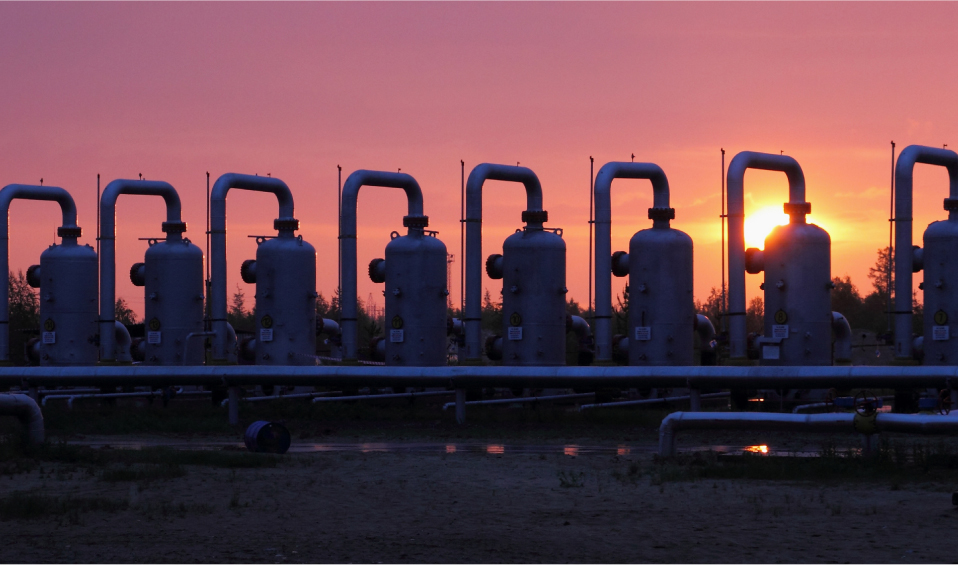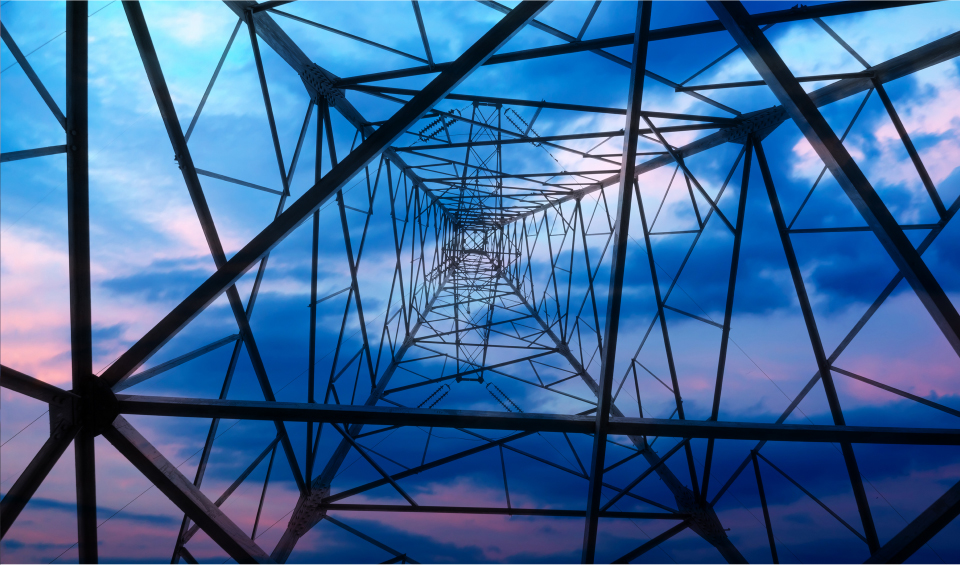
Thanks to ESCP Business School's Energy Management Centre wide network in the academic and business communities, our views on energy news give you comprehensive insight into energy issues.
Please join us...
Economic Expansion
Renewable and nuclear energy – the two largest sources of non-emitting technologies – do not need to be mutually exclusive if forward-thinking countries and companies can develop suitable complementary advanced energy management techniques. New hybrid energy solutions could play to the strengths of the respective technologies while acknowledging the shifting dynamics of electricity markets that are adjusting to the realities of an increase in intermittent generation models. And with developing countries frequently having more flexibility to design their grid structures (in comparison to pre-existing limitations in many first-world countries), the opportunities may exist to demonstrate these advances in emerging economies.
Part 2: Social Impacts and Implications
Last month, I posted the first of a few articles that will consider the responsible integration of renewable and nuclear generation to foster economic, social, and security improvements. The first article can be found here. In this second article, I wanted to shift towards the positive social implications from expanding generation assets in a responsible manner to support not just the aforementioned economic development but also long-term social benefits.
For developing countries (especially in Africa and Asia), central planning organizations have the perfect opportunity to develop long-range plans for key infrastructure expansion (notably in the energy sector) while simultaneously improving the quality of life for their citizens. Creating an effective long-term and fiscally responsible diversified energy plan using wind, solar, hydro, and nuclear power can help improve their social and education systems and support their development needs with the latest technology advances driving modern life in the 21st century.
Part 3: Energy Security
Last month, I posted the second of a few articles that will consider the responsible integration of renewable and nuclear generation to foster economic, social, and environmental improvements for developing countries in the mid to long term. The first article focused on economic expansion and the second article discussed possible socio-economic impacts. In this third article, the discussion will shift towards energy security, which continues to have major global ramifications as it has for hundreds of years.
The concept of energy security has different meanings to different groups and people. Bearing that in mind, it can be challenging to make meaningful comparisons and conclusions when circumstances can vary so widely from place-to-place and region-to-region. By using data from the World Energy Council, the goal will be to consider energy security from three key perspectives that can likely impact decision-making at the national and regional level.




527 Finchley Road
London NW3 7BG
United Kingdom
Tel: +44 (0)20 7443 8800
Fax: +44 (0)20 7443 8845
E-mail: [email protected]










